• The Massachusetts Male Aging Study found a decrease of approximately 1% per year after age 30.
• The Baltimore Longitudinal Study of Aging reported an even steeper decline—about 1.6% per year after age 40.
𝐋𝐢𝐟𝐞𝐬𝐭𝐲𝐥𝐞 𝐅𝐚𝐜𝐭𝐨𝐫𝐬 𝐓𝐡𝐚𝐭 𝐀𝐜𝐜𝐞𝐥𝐞𝐫𝐚𝐭𝐞 𝐭𝐡𝐞 𝐃𝐞𝐜𝐥𝐢𝐧𝐞
• Reduced muscle stimulus – Sedentary jobs and busy schedules often mean fewer workouts.
• Poor recovery – Chronic stress and insufficient sleep lower growth hormone and testosterone.
• Alcohol consumption – Increases estrogen, reduces testosterone, and impairs protein synthesis.
• Suboptimal diet – Inconsistent protein intake hinders muscle repair and growth.
𝐒𝐜𝐢𝐞𝐧𝐜𝐞-𝐁𝐚𝐜𝐤𝐞𝐝 𝐖𝐚𝐲𝐬 𝐭𝐨 𝐒𝐮𝐩𝐩𝐨𝐫𝐭 𝐓𝐞𝐬𝐭𝐨𝐬𝐭𝐞𝐫𝐨𝐧𝐞
• Lift heavy, lift smart – Compound lifts (e.g., squats, deadlifts) 2–3x/week can boost testosterone.
• Hit your protein target – Aim for 1g of protein per pound of body weight daily.
• Prioritize sleep – Getting at least 7 hours/night enhances testosterone and growth hormone.
• Moderate alcohol – Even 2–3 drinks/week can suppress testosterone levels.
• Manage stress – High cortisol competes with testosterone. Try walking, meditation, or sauna sessions.
𝐑𝐞𝐟𝐞𝐫𝐞𝐧𝐜𝐞𝐬
Harman SM et al. (2001). J Clin Endocrinol Metab, 86(2), 724–731. DOI: 10.1210/jcem.86.2.7219
Feldman HA et al. (2002). J Clin Endocrinol Metab, 87(2), 589–598. DOI: 10.1210/jcem.87.2.8201

